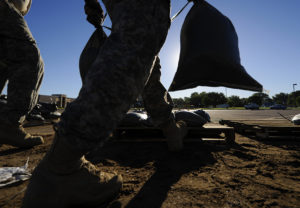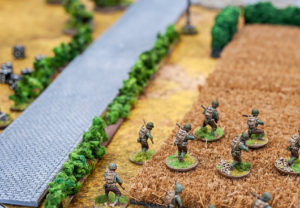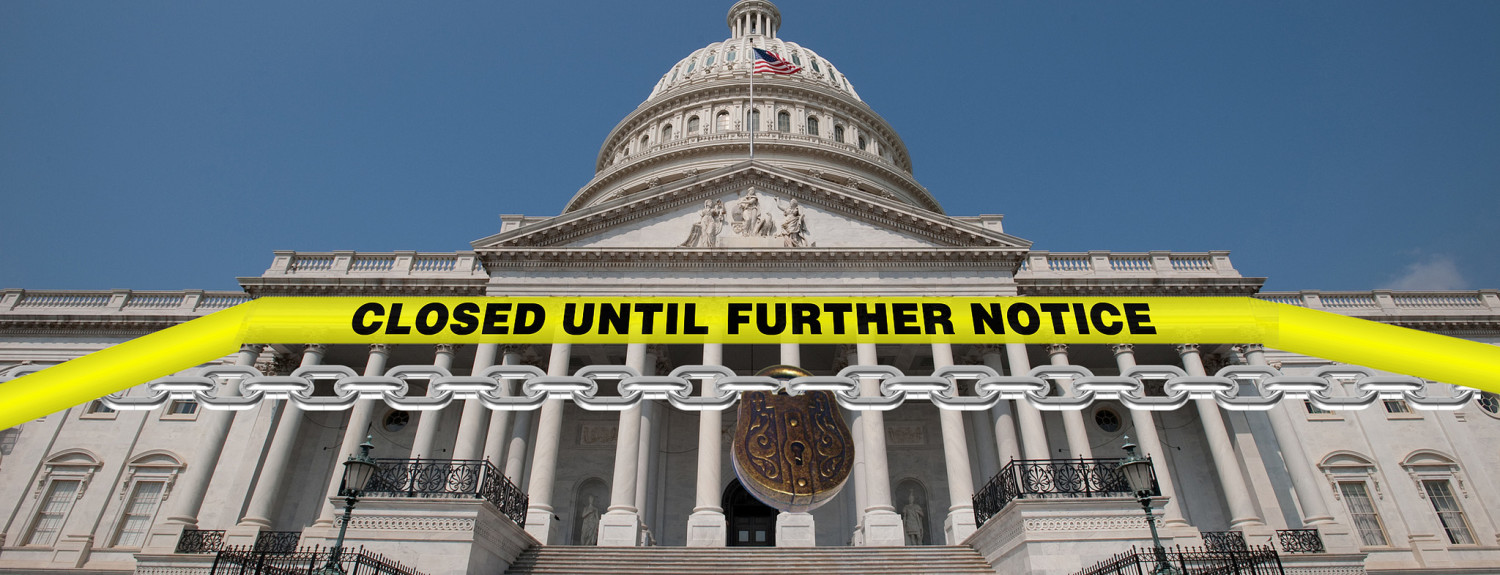If Congress does not approve a new budget by Sept. 30, the federal government will be forced to shut down, closing all but the most essential government services. The military won’t be forced to stop operating, but the effects of the shutdown ripple through the entire military community.
While military personnel must still report for duty, their scheduled salary payments will stall. After Congress gets its act together, personnel should receive back wages for work performed during the shutdown.
However, the length of this military-wide furlough depends on how long it takes for Congress to work out a spending bill everyone agrees on. In 2013, federal employees were furloughed for 16 days. In 1996, a shutdown continued for 21 days. The amount of time military personnel must wait in paycheckless purgatory is entirely in Congress’ hands.
Meanwhile, military veterans may lose a vital lifeline. Vets saw a disruption in their benefits and reduced VA services during the 2013 shutdown. The VA has said that its hospitals will stay open if the government closes, but its endless effort to whittle down the backlog of disability claims will slow. Again, this only stops when Congress makes a move.
Without an approved budget, the axe of military sequestration will also butcher the Department of Defense’s budget with a $63 billion cut. Money that could be spent improving military readiness and boosting troop numbers will vanish overnight. These budget cuts will happen unless Congress approves a new budget solution ensuring a healthy amount of military spending.
“Making these kinds of indiscriminate cuts is wasteful to taxpayers and to industry, dangerous to our strategies, unfair to our service members and frankly embarrassing around the world,” Defense Secretary Ash Carter said of the cuts. “In my opinion, we’ve held the military hostage because of arguments over the rest of the government and how we solve the problem of spending in the rest of the government.”




































